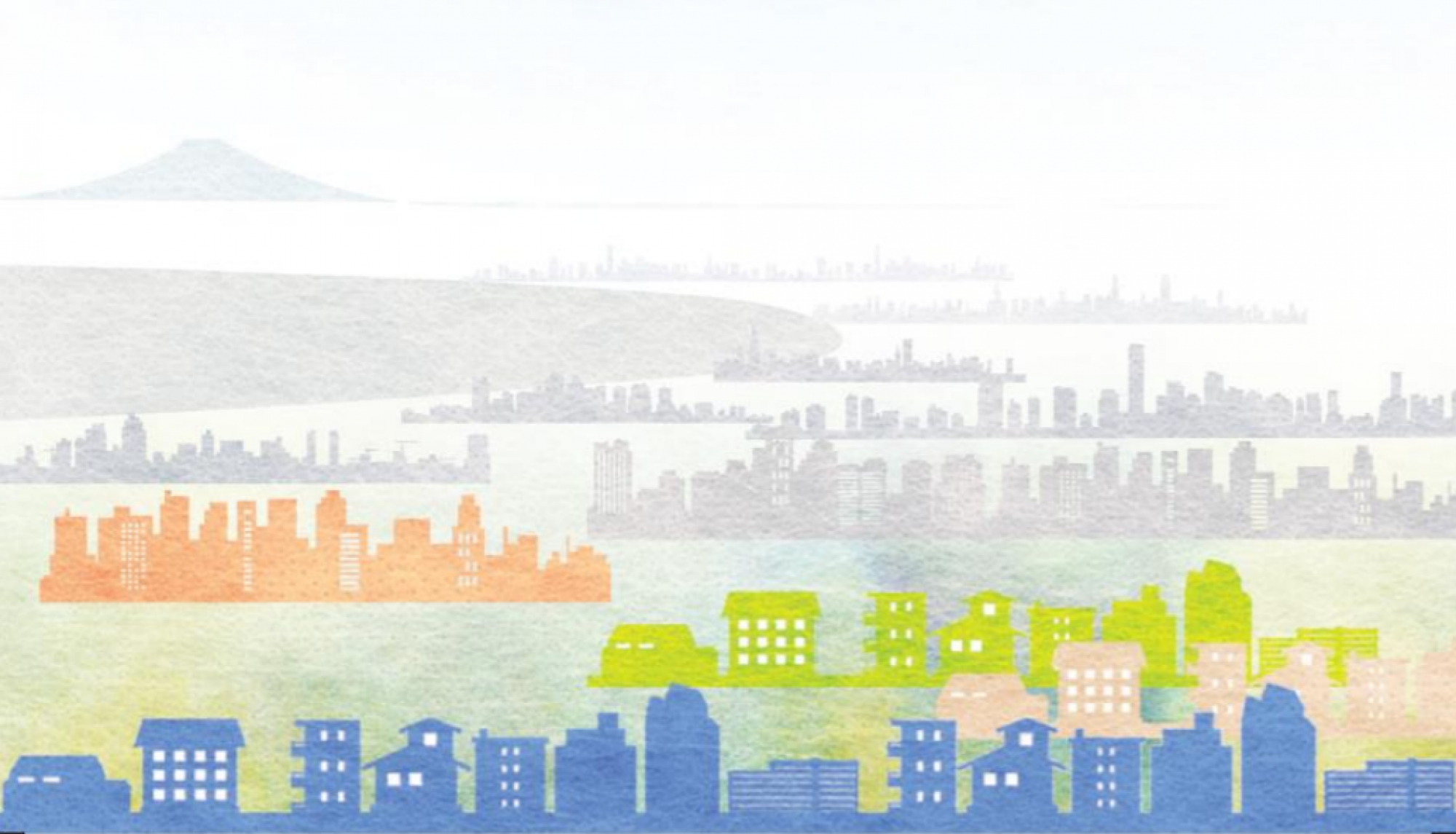It’s the GSOMIA, stupid!
In August 2019, the Moon administration of South Korea announced that it would terminate the General Security of Military Information Agreement (GSOMIA) with Japan. Moon withdrew this decision six hours before the agreement would expire on November 23. There were serious criticisms from within Korea and the American pressure was most crucial for Moon’s withdrawal. What is the meaning of Moon’s bizarre diplomatic mistake?
GSOMIA benefits the security of Korea while it costs Korea nothing. Moon’s decision was in response to Japan’s tightened control, for security reasons, of South Korea-bound exports of key industrial materials such as hydrogen fluoride (HF). Moon interpreted Japan’s decision as a retaliatory move over South Korean court rulings in 2018 that ordered Japanese companies to pay compensation for Korean laborers during WWII. The Moon administration was violating the international treaty of 1965 between South Korea and Japan. Furthermore, it does not make sense to bargain the trade issue with a security issue that hurts Koreans. What is going on in Korea?
The right step to solve the entanglement is for South Korea to comply with the 1965 treaty. In 1965 Japan and South Korea signed the Agreement of the Settlement of Problems Concerning Property and Claims and Economic Cooperation between Japan and the Republic of Korea. By the dramatic, destructive action of scrapping GSOMIA, Moon intended to instigate anti-Japan sentiment among Koreans for his political gain. Many Koreans can become natural victims of blind nationalism against Japan, at least for a short while.
Moon was in a political crisis that involved Moon’s man, Cho Kuk, the Minister of Justice. GSOMIA was used to distract the people’s attention away to something outside. On top of that there is a fundamental issue. The Moon Administration supports anti-Japanese and anti-American policies. Kim Il-sung, the founder of North Korea, believed that, by establishing anti-Japanese and anti-American public opinion in South Korea, that country could be made vulnerable and an easy prey of North Korea, a Stalinist communist country. It seems that the Moon Administration is a dangerous government to its own people and in international relations.
I hope that our neighbor, Japan, will understand that the Moon Administration is not in accord with the Republic of Korea founded in 1948. Korea is in a difficult situation now. Fortunately, many Koreans are working hard to restore liberal democracy by replacing the Moon administration by a normal government. There are signs of hope too. First: GSOMIA continues. Second: the Korean people are awakening as we saw in the huge gathering of 400,000 in the Kwang-wha-moon (or Rhee Syngman) square on October 3. The meeting continues every Saturday since then. People call this movement the “Citizens Revolution,” which asks Moon to step down. Third: a book like “Anti-Japan Tribalism” by Lee Young-Hoon is a best-seller in Korea now. The book criticizes the bigotry of anti-Japan sentiment in Korea. His article appeared in a current issue of 文芸春秋. I also feel optimistic from reading Fukata Yuko’s article(No.75, No.82) in this forum on friendship between ordinary peoples of Japan and Korea.
But we should be wary that the destructive act of the Moon Administration continues. Recently, in the diplomatic white paper published by the Korean ministry of foreign affairs, the usual phrase “Japan is a valuable neighbor with whom we share values and understanding,” has been deleted.
(Author: Yong J Yoon)
